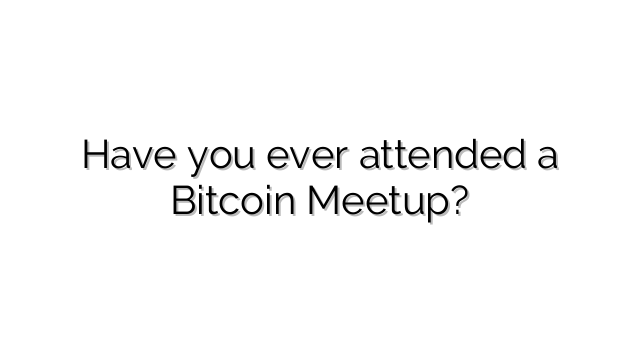How Many Bitcoiners Are Female? A Community Snapshot and Why It Matters
Our poll asks a simple, anonymous question—What is your gender?—to better understand who reads and votes on Hodler Polls.
Demographics are not about gatekeeping; they help us choose topics, examples, and speakers that reflect the community. Below you’ll find
context on gender in Bitcoin, a non-exhaustive list of well-known women and men in the space, and practical ideas for making Bitcoin more
accessible to new audiences.
Why measure gender in the Bitcoin audience?
- Content fit: If the audience skews a certain way, we can highlight content and role models that broaden participation.
- Event planning: Knowing who plans to attend conferences helps organizers design inclusive programs and workshops.
- Education & onboarding: Demographics guide beginner curricula (custody, security, inheritance) and advanced tracks (mining, Lightning, development).
Prominent women in Bitcoin
The list is long and growing. Here are just a few names many readers will recognize; follow them to discover new projects and voices:
- Natalie Brunell — journalist, educator, and podcast host who explains Bitcoin to mainstream audiences with clarity and patience.
- Elizabeth Stark — co-founder of Lightning Labs; a leading voice on second-layer payments and scaling Bitcoin for everyday use.
- Anita Posch — educator and author focused on global financial inclusion; known for on-the-ground work and self-custody training.
- Gloria Zhao — Bitcoin Core contributor; shares deep insights on mempool, fee dynamics, and protocol development.
- Lisa Neigut — Lightning engineer and educator; writes and teaches about channel mechanics and routing reliability.
- Stacy Herbert — media host and advocate, amplifying grassroots adoption stories and policy discussions.
- Lea Thompson (“Girl Gone Crypto”) — content creator helping newcomers cross the learning curve with approachable explainers.
- Mags — Lightning engineer and technical explainer; active in meetups and mentorship.
Prominent men in Bitcoin
A small sample of widely known builders, researchers, and advocates whose work many newcomers encounter early:
- Michael Saylor — executive chairman at Strategy; known for corporate Bitcoin treasury strategy and long-term thesis.
- Adam Back — cryptographer and Blockstream CEO; cited in Bitcoin’s early references for Hashcash.
- Jack Mallers — Strike founder; payments and Lightning evangelist focused on user experience.
- Saifedean Ammous — author of “The Bitcoin Standard”; macro and monetary-history commentary.
- Jimmy Song — educator and developer advocate; teaches programming and self-custody fundamentals.
- Jameson Lopp — security specialist and data researcher; publishes practical guides and metrics.
- Samson Mow — entrepreneur and nation-state adoption advocate; focuses on policy and education.
- Jack Dorsey — Block (formerly Square) co-founder; supports open-source development and mining initiatives.
What the trend looks like
Bitcoin started with a heavily technical audience. Over time, education, podcasts, and real-world use cases have attracted broader
participation—especially in payments, privacy, and self-custody. As tooling improves (hardware wallets, inheritance planning, Lightning
UX), we expect gender diversity to rise, particularly in education, community organizing, and small-business adoption.
How to make Bitcoin more welcoming
- Show practical wins: Short workshops on self-custody, fee management, or Lightning invoices beat abstract theory.
- Highlight role models: Include female speakers and moderators; link to their work in event pages.
- Design for safety: Clear etiquette at meetups (no seed phrases; inclusive Q&A), plus codes of conduct.
- Offer multiple learning paths: Beginner tracks (wallet setup, backups) and advanced tracks (multisig, mining, node ops).
- Time-boxed mentorship: 30–60 minute office hours by experienced Bitcoiners accelerate confidence and retention.
Methodology & privacy
This poll is optional and anonymous. We publish aggregated results only. If you prefer not to answer, simply skip the poll—your browsing
experience is unaffected.
Cast your vote above and share the poll link. The broader the sample, the more accurate our snapshot of the Bitcoin community becomes.
FAQ
Why is the poll limited to Male / Female / Other?
We keep this poll simple for comparability across time and audiences. “Other” lets respondents self-identify without sharing personal details.
Is this scientific?
No—this is an open community poll. Results are directional, not definitive. They’re useful for planning content and events.





